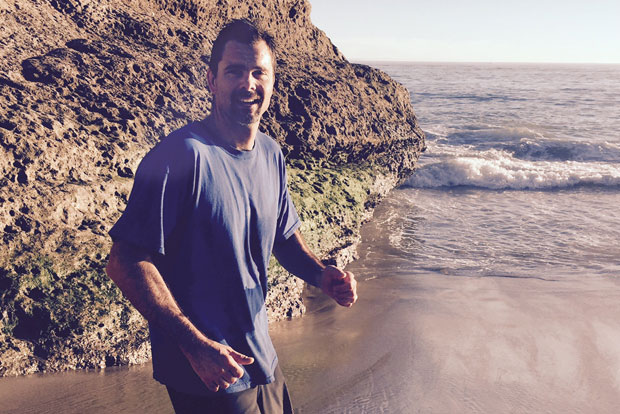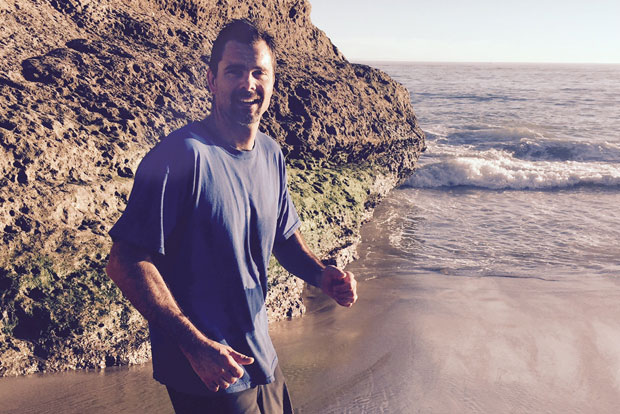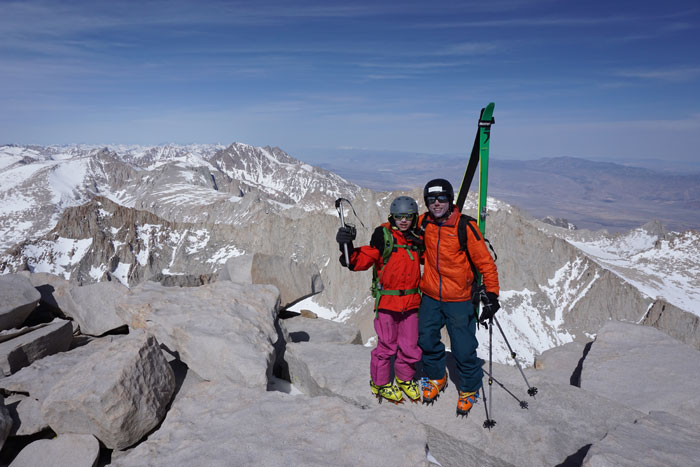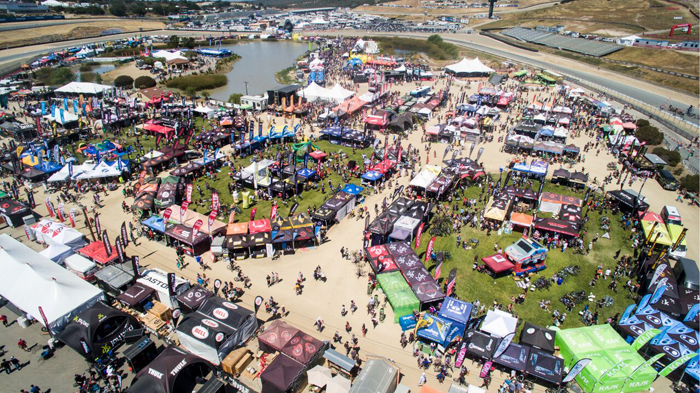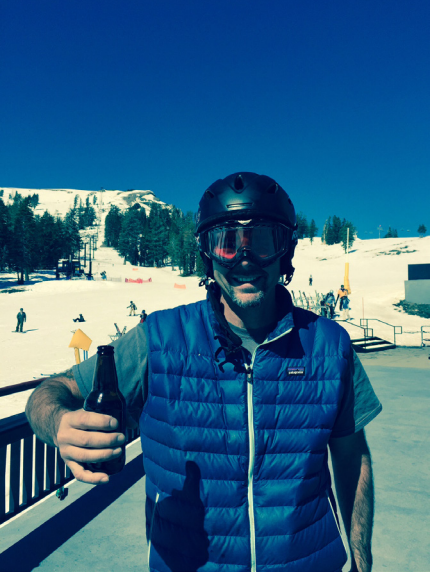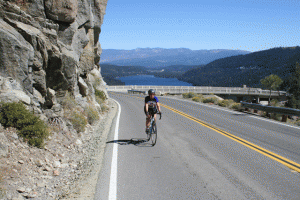- Inner Space: What We All Seek in the Great Outdoors - 06/28/2024
- Editor’s Note #132 // The Hurt Cycle - 02/15/2024
- Editor’s Note // Blessed are the frequency holders - 11/20/2023
How will California respond to the challenges of climate change?
by Matt Niswonger
People respond in a variety of ways when faced with a crisis. Sometimes we freak out and let our emotions get the better of us. Other times we shut down and pretend nothing is happening.
In popular culture, Hollywood movies are a gauge of our collective ideas about dealing with crises. Until recently, women were almost always portrayed negatively when faced with a crisis. Who can forget the classic scene in Alfred Hitchcock’s The Birds when one of the town’s female citizens completely freaks out and starts yelling and babbling incoherently? Predictably, someone steps up and slaps her across the face and she immediately calms down.
That’s the classic “woman loses control of her emotions and gets slapped in the face” scene we’ve all witnessed time and again.
In the last two decades a different understanding of emotion has emerged, as revealed in the phrase “emotional cripple.” This emotional stereotype is commonly associated with men.
Here we think of the variety of characters that Robert Duvall has portrayed—strong male characters who are emotionally out of touch with reality. For example, The Great Santini is about a strong military man who is emotionally distant from his family. He responds to every family crisis with a disturbing and inappropriate show of brute force.
In American Sniper, Bradley Cooper faces difficulty adjusting to family life after serving in the Iraq war. He is so emotionally distant that his wife cannot even carry on a conversation with him. Then one day he almost kills the family dog because it knocks down a child at a family BBQ. Again this is a forceful and inappropriate emotional response.
Popular movies are a way to interpret how we, as Americans, understand ourselves. In this context both too much emotion and too little emotion in the face of a crisis is counterproductive.
All of this is a perfect way to think about our current situation in California. Scientists tell us we are in a state of human caused climate crisis. This has taken the form of one of the worst droughts in history. Continued drought will lead to the collapse of agriculture in the central valley, and this could have disastrous effects.
How will emotions shape our response to the drought? Are we inclined to shut down and insist that no crisis even exists, or do we freak out and make irrational decisions? The worst-case scenario for California is that one emotional state will rapidly follow the other and we will make a series of poor decisions.
For quite some time we have been mostly operating as if no problem exists. Turn on Rush Limbaugh or similar AM radio thought leaders and you’ll see what I mean. For Limbaugh and his large California audience, climate change is just a thinly disguised power grab by liberals who seek to “take our rights away.” Here we see an example of shutting down emotionally and denying that a crisis even exists despite strong evidence to the contrary.
The danger is that a culture of denial will rapidly give way to a culture of completely freaking out. This will leave our state poorly equipped to handle a challenging future to the best of our abilities.
I was thrilled to hear Governor Brown announce that 50% of the state’s energy will be generated from renewable sources by 2030 in his recent State of the State address. The next step is to commit ourselves to being completely free from fossil fuels by 2050, including the cars we drive. That’s the kind of leadership that could inspire the rest of the world.
For generations we have used the atmosphere as a dumping ground for our leftover carbon emissions. As a result we have shifted our climate and put ourselves in danger. That is the crisis. How will we respond?
Drop me a line at matt@adventuresportsjournal.com.

